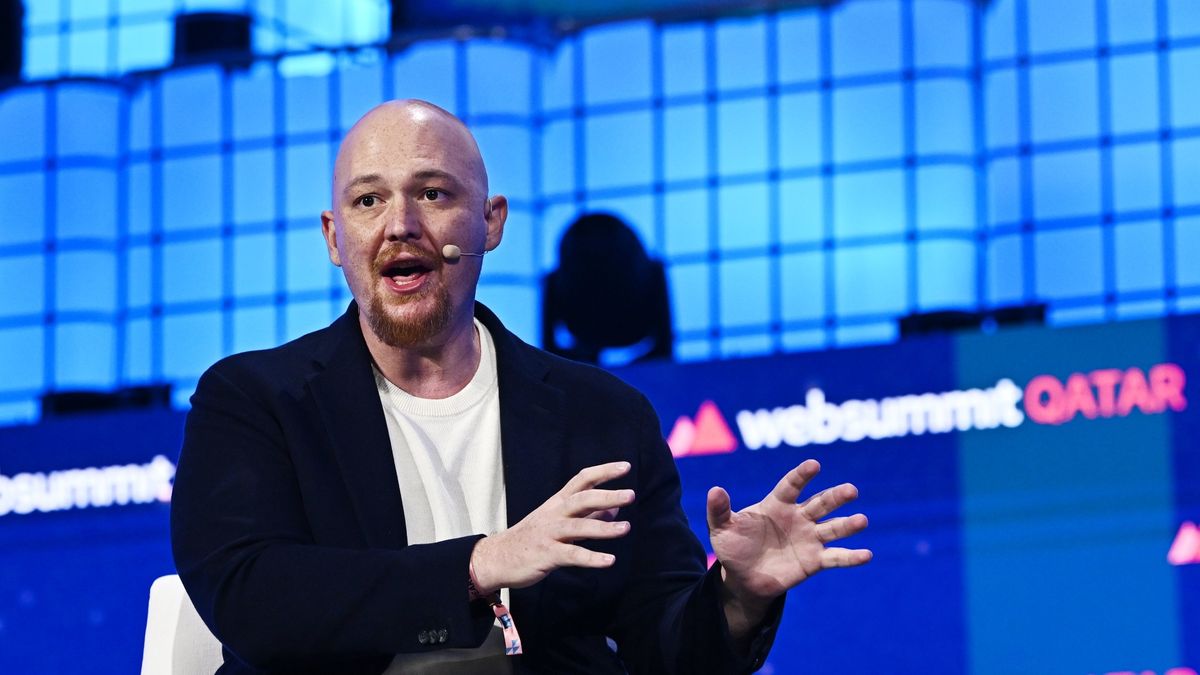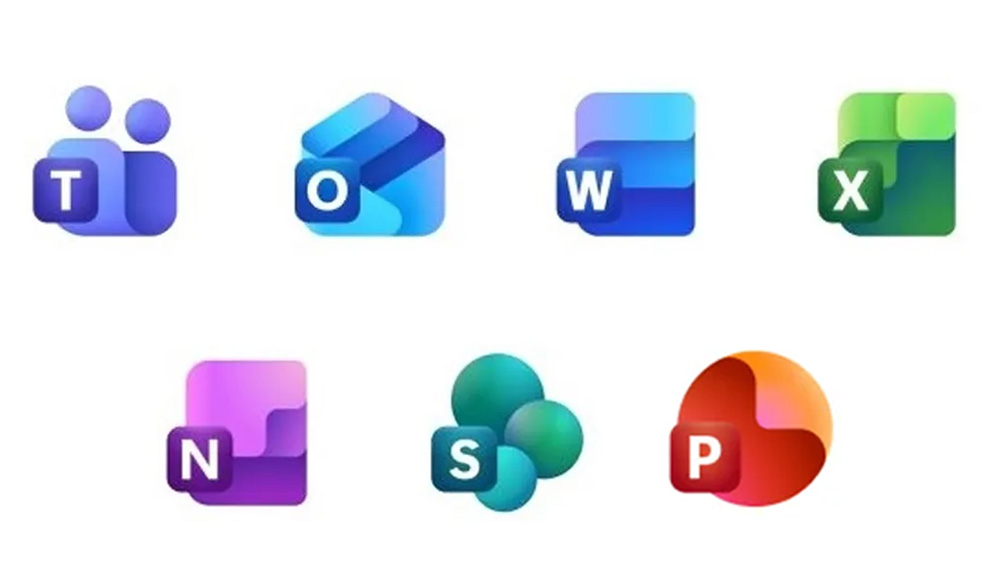The Evolving Landscape of AI: Perspectives from Experts

Generative artificial intelligence (AI) has dramatically transformed our global perspective, reshaping not only our understanding of technology but also how we perceive humanity and the future of jobs. In a particularly alarming assertion, AI safety researcher Roman Yampolskiy has claimed that there exists a staggering 99.999999% probability that AI could ultimately lead to the end of humanity. Yampolskiy argues that the only way to prevent this catastrophic outcome is to halt the development of AI technologies altogether.
Contrasting this bleak perspective is Replit CEO Amjad Masad, who offers a more optimistic view concerning the impact of AI on the workforce. In a recent interview, Masad articulated his beliefs about Artificial General Intelligence (AGI) and its role in the workplace. He stated, The definition of AGI at a lot of these companies is 'doing economically useful things in front of a computer.' I mean, its like a remote worker is what AGI...I feel like were gonna get there. He suggested that the emergence of AGI could mean that if one were to hire a remote worker, the potential exists to create a hundred more to execute various ideas effectively.
Masad emphasizes that while AI may replace certain roles, particularly those that involve repetitive taskswhat he humorously refers to as 'code monkeys'it cannot fully substitute for individuals who possess the ability to generate innovative ideas and understand the complexities of consumer needs and economic frameworks. According to him, this unique skill set remains irreplaceable in a world increasingly influenced by intelligent automation.
The discussion surrounding job security in the face of advancing AI technology has become a significant concern among professionals, particularly graphic designers and software developers. The emergence of AI-powered tools, such as the advanced image generator from ChatGPT-4o, has shown remarkable proficiency in creating intricate designs and even fraudulent documents like fake receipts. Such capabilities raise the specter of obsolescence for traditional roles in fields like architecture and interior design.
Adding to this discourse, Microsoft co-founder Bill Gates has also weighed in, predicting that AI will replace humans in a broad array of tasks. Nevertheless, he believes that humans will retain certain sacred roles, asserting that few would prefer to watch computers play baseball instead of people. This commentary underscores the need for a balance between embracing technological advancements and preserving essential human experiences.
Furthermore, it is noteworthy that Gates mentioned only three professions that might withstand the impending AI revolution: coders, biologists, and energy experts. He posits that these fields are inherently too intricate to be wholly automated, suggesting that their complexity provides a buffer against AI's encroachment.
Interestingly, Sam Altman, the CEO of OpenAI, has previously noted that AI might gradually replace software engineers. However, he has since adjusted his view to emphasize that AI could drastically enhance coder productivity, making them up to ten times more efficient rather than outright replacing their roles entirely. This shift in perspective highlights a potential pathway where AI acts as a companion to human workers, augmenting their capabilities rather than eliminating them.
In essence, Masad champions the idea that ambitious workers who demonstrate initiative and adaptability in the face of evolving technology will continue to thrive. The future of work in an AI-driven landscape may not be about replacement, but about transformation and collaboration between humans and machines.






















